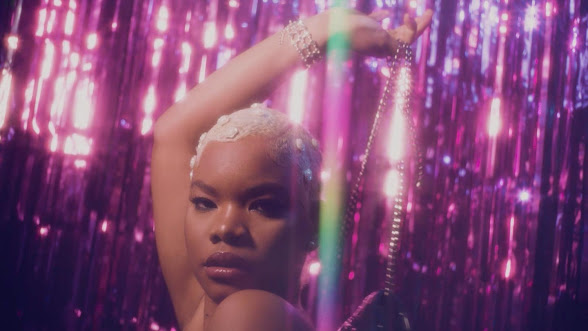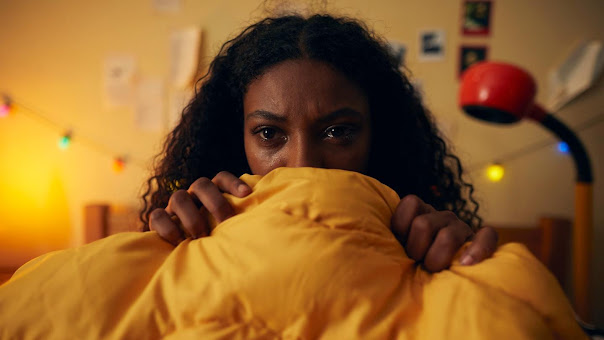What comes across in these interviews (with actresses like Laverne Cox, Candis Cayne and Trace Lysette, and actors like Michael D. Cohen and Marquis Vilson) is how eager the trans community are to having an open and honest conversation, but also how exasperating it is to see themselves continuously portrayed in a negative light, just for existing. There's a large section of the film that might has well have been subtitled "the problem with The Crying Game". A film that can be applauded for igniting a debate in the early 90s, it ultimately is defined by the negative convulsive reaction the straight white cis man lead character has to discovering the 'twist' (leading to Stephen Rea vomiting in the bathroom), and the way the shock factor of that film's plot device was then re-used for comic purposes in films like Naked Gun 33 1/3rd and Ace Ventura: Pet Detective.
It's impressive that in a conversation that's continually evolving, this film feels incredibly up to date. The inclusion of shows and characters that are from only a few years ago (Laverne Cox in Orange is the New Black a prime example) does allow us as the audience to reassess our opinion of what's acceptable, and also of what we want to see on our screens. There's footage of interviews from not so long ago with hugely influential people such as Oprah Winfrey and Katie Couric saying outrageously inconsiderate things that you would hope would not be accepted today, and it's clear that the visibility and voices of outspoken people like Candis Cayne, Trace Lysette and Chaz Bono are having a positive effect.
If I'm picking faults, it is weighted more towards the stories of trans women than trans men with only a cursory mention of non-binary people, although this is also something that's acknowledged in the film to be a problem within entertainment as a whole, and perhaps is simply too big a discussion to fit into one film. As a document of where we are now, Disclosure is a fascinating, well-rounded statement that a change in perspective is a positive thing. We are at a tipping point in the trans "debate" socially and culturally, and this film's purpose is not to shit upon poor depictions and name and shame those who do so, but to ask its audience to consider why trans lives are being portrayed this way and what could be done better.
It's encouraging to see how far we've come in a short space of time in increasing trans visibility on screen and that, as evidenced in this documentary, there's strong voices out there to encourage the continued progress. Disclosure is a fantastic piece of documentary filmmaking that will hopefully reach a wide enough audience to add more voices to that fight.
Disclosure is now screening on BFI Player as part of its BFI Flare at Home season, and more information can be found at disclosurethemovie.com.


















